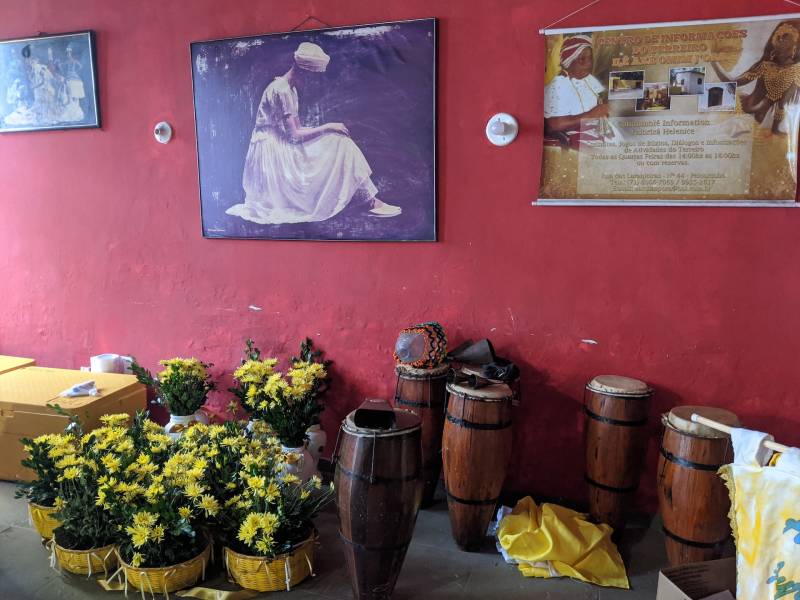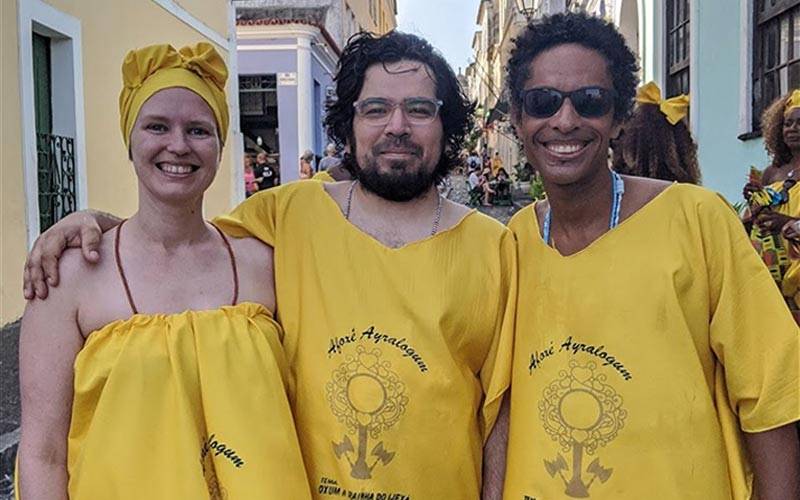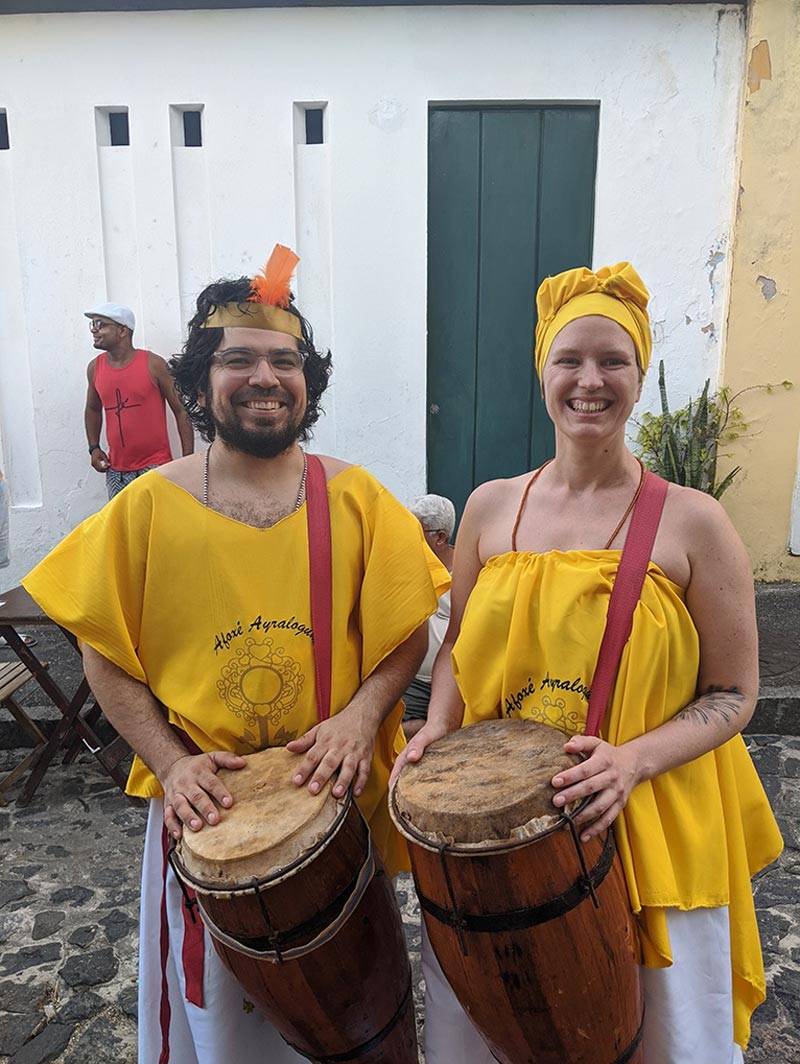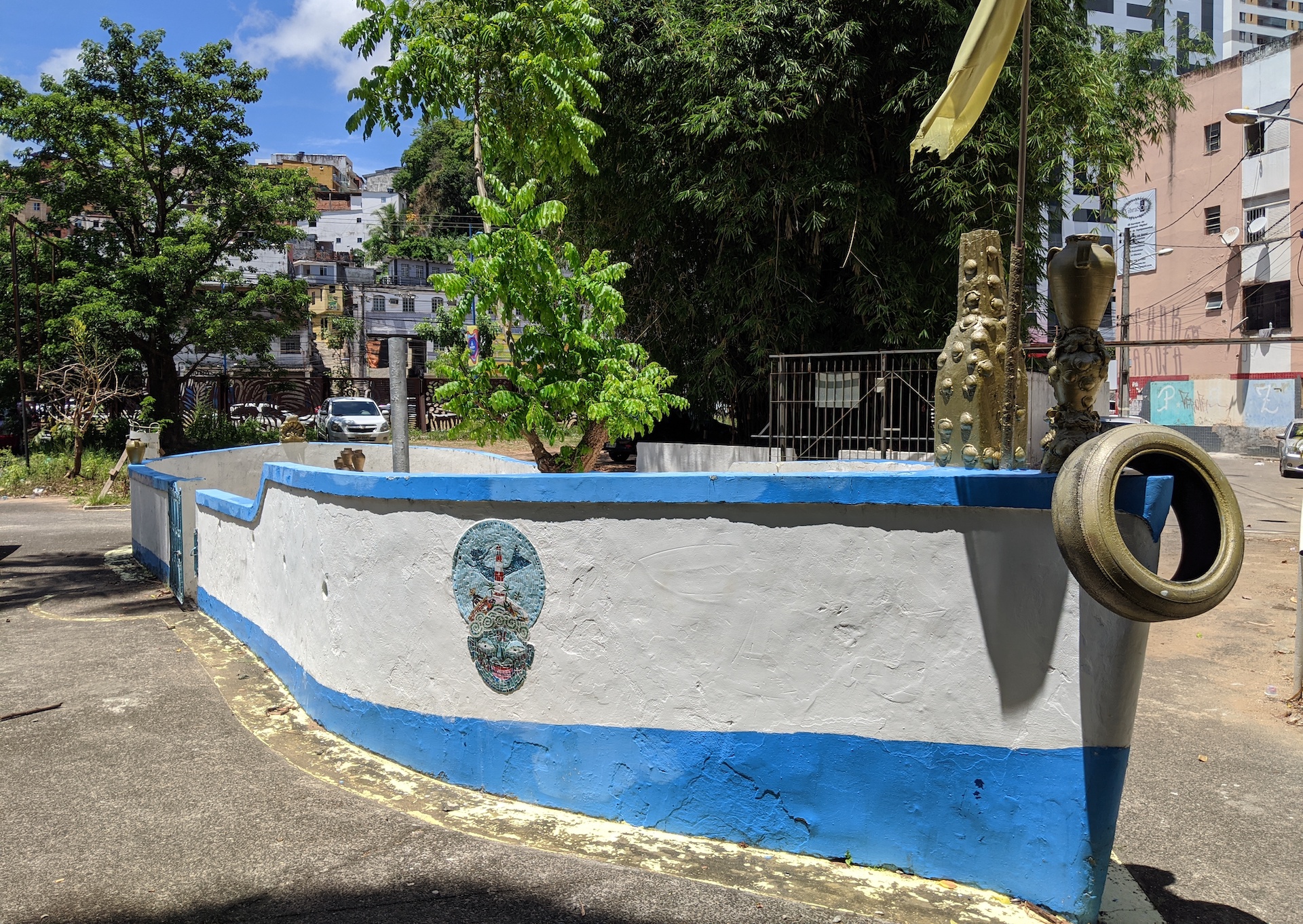Robert Lopez was only seven weeks into a nine-month Fulbright trip to Brazil, studying music of the syncretic religion Candomblé, when program officials told him to return to the United States.
The Oakland percussionist and improvised music scene fixture was devastated. Lopez spent years pursuing the prestigious research grant, and he and his partner forfeited their jobs and rent-controlled apartment to move to Salvador, a center of the Afro-Brazilian spiritual practice. “I expected two or three months to plan re-entry,” Lopez said. “Instead it was a matter of days.”
Fulbright told Lopez and other grantees to leave Brazil on March 20 as the novel coronavirus escalated into a global pandemic, revoking his healthcare and withholding 41 percent of the $15,350 grant for living and travel expenses. Instead of enhancing safety, Lopez felt Fulbright actually heightened his exposure risk. “Flying back to the U.S., no one was screened,” he said.
It’s little consolation that Fulbright now considers Lopez a program alum. “That doesn’t mean anything to me right now,” he said. From temporary housing in the Southern California desert, where Lopez and his partner, experimental musician Shanna Sordahl, have self-quarantined, he’s joining with other Fulbrighters to write congresspeople, asking at least for the full stipend.
“But what I want more than anything is to go back to Brazil and finish this project,” Lopez said.

Lopez, 37, encountered the ensemble drumming of Candomblé, a religious expression borne of the Atlantic slave trade and Portuguese colonialism, as a Cal State Long Beach undergraduate on trips to Brazil with the World Percussion Project. He moved to the Bay Area in 2011 to pursue a graduate degree in the Mills College music department, and five years ago began studying independently with a master Candomblé percussionist and dancer in Oakland, Jorge Alabê.




